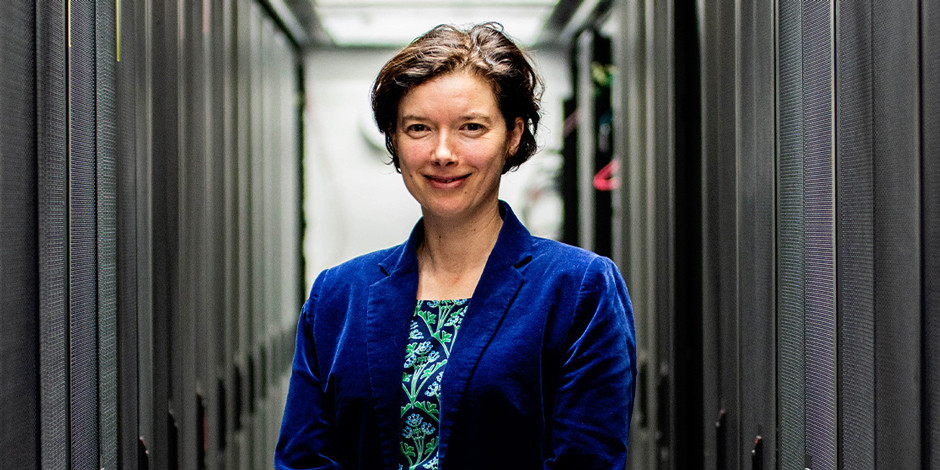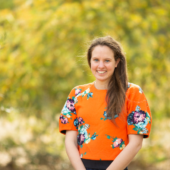Mooving to environmentally friendly cows
Leading geneticists at Agriculture Victoria are working on a project which could see dairy farmers breed cows with lower methane emissions.

Professor Jennie Pryce from Agriculture Victoria and La Trobe University says it’s just one of the future-proofing areas of research they are focussing on, with heat-stress, feed efficiency, disease resistance and fertility also high priorities for the industry. The research is part of the DairyBio initiative funded by Agriculture Victoria, Dairy Australia and the Gardiner Foundation.
Speaking at evokeAG. in Melbourne this month, Professor Pryce says that along with technology on the farm, lab-based solutions are also key to making our agricultural industry more sustainable and profitable.
“The great thing about genetics is that you can put everything on a better path by re-focussing breeding decisions. Farmers that have embraced genetics and genomic technologies see real progress.”
The Agriculture Victoria team are currently monitoring a population of dairy cows wearing devices which measure the amount of methane when they exhale. Using this data, they are able to determine genetically which cows will have lower environmental emissions and better feed efficiency.
“It’s an exciting time to be involved in the industry and new genetics technology is revolutionising the way we breed into the future.”
Another focus for the team is understanding how different cows respond to heat-stress in order to manage this key issue for farmers all over Australia.
Working with data from more than half a million dairy cows across Australia, the team use data on the cow milk yielded, amount of fat and protein on hot days.
“When it’s a really warm day we see a reduction in cow milk yield and we can see whether a certain bull’s daughter is more heat tolerant than another. Our genomic predictions using real data is world-leading research and by working with DataGene, we can use this with other traits to drive herd improvement in the Australian dairy industry.”
Genetic improvement of dairy cows contributes to about 30 per cent of annual production gains in Australia and Professor Pryce is excited about getting the message out about genetic improvement.
“We can do the most amazing science in the world but if farmers don’t understand how it’s going to benefit them, we may as well not even bother.”
Professor Pryce is speaking on Day 1 at evokeAG., the premier agrifood tech event held in Melbourne on 18-19 February 2020. On a panel titled ‘Increasing the outputs with less input – better decisions using technology’, Professor Pryce will contribute to the dynamic discussion along with Aidan Connolly, the CEO of Cainthus, an Irish artificial intelligence company, WA producer Kelly Pearce and smart fertiliser solutions leader Darren Hughes.
